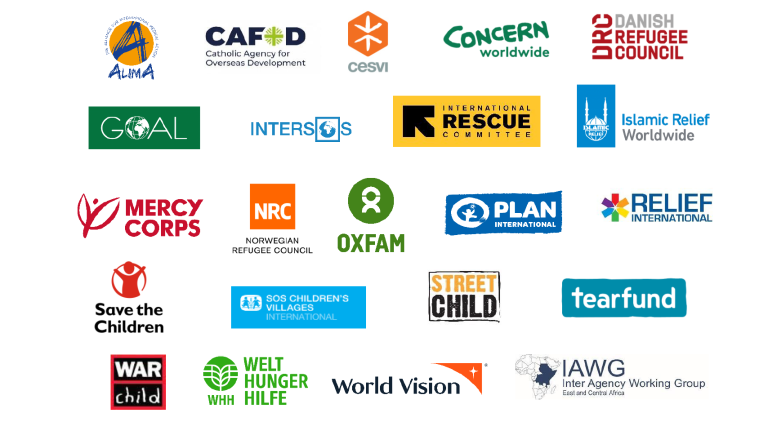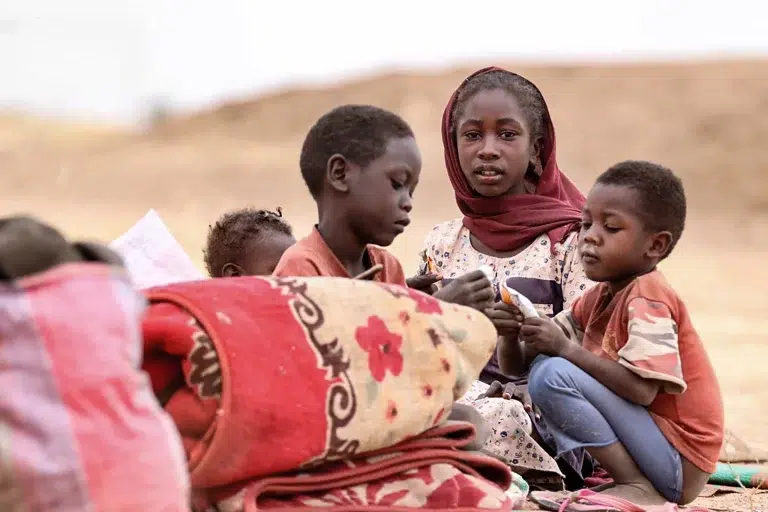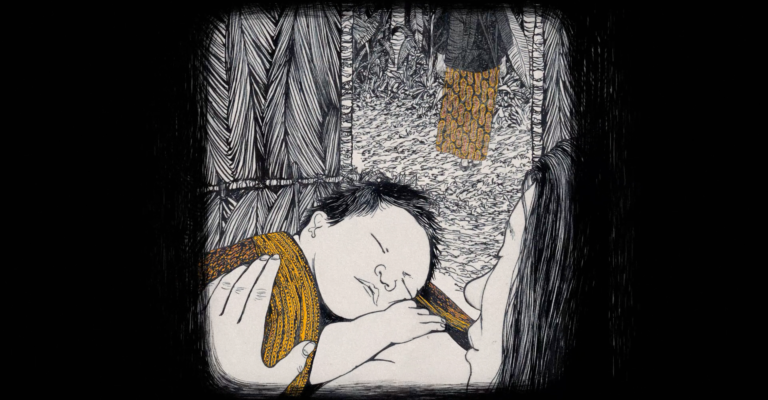“The care of Ebola patients has come a long way,” says Dr. Richard Kojan, an anesthetist and intensive care specialist from DRC and president of ALIMA. “Health care workers now have effective solutions, such as vaccines, treatments, and intensive care to treat Ebola patients. ALIMA conducts community outreach activities to encourage people not to be afraid of Ebola treatment centers and to go early to seek treatment, because the chances of recovering from Ebola can be 80%, which was not the case before.”
ALIMA has launched an assessment and emergency response to evaluate the area’s needs and capacity. Once this is complete, the medical humanitarian organization—whose model focuses on empowering and enabling a local response to medical crises—will rapidly dispatch essential medicines, bolster early diagnosis efforts, support management of suspected cases, ensure the referral of confirmed cases, and reinforce community-based surveillance.
The DRC declared a new Ebola outbreak following the confirmation of a case in Mbandaka on April 23, 2022. Since then, three confirmed Ebola cases have been recorded, all of which have proved fatal. The Equateur Province is bracing itself for subsequent infections in the coming weeks and at least three months of outbreak response. This is the third outbreak of Ebola in the province since 2018 and the 14th epidemic in the country since the discovery and emergence of the virus in 1976.
ALIMA has been researching and responding to Ebola outbreaks across the African continent since 2014. To protect health care workers and promote the dignity of affected patients, ALIMA developed the CUBE (Biosecure Emergency Care Unit for Epidemics), a clear-walled individual care unit that helps provide the high quality care required while supporting patient relationships and protecting caregivers. This award-winning innovation was recently nominated for the Jet d’or innovation prize at the Geneva Health Forum.
From 2018-2019, ALIMA and its partners conducted an therapeutic clinical trial in DRC called the PALM (Pamoja Tulinde Maisha, “Together, we save lives” in Swahili) study, finding that the Ebola mortality rate can be reduced to less than 20% for patients who are treated early with one of two molecular treatments (REGN-EB3 or mAb114). Before this study, the Ebola mortality rate could be as high as 90%.
ALIMA teams will continue to innovate as they respond to this epidemic, fighting the viral haemorrhagic fever while also improving the early diagnosis of the disease to better inform future public health responses.
Media contacts ALIMA
Kayla McMenamin
kayla@minervastrategies.com
+1 (503) 780-8514
Nikita Junagade
nikita.junagade@alima.ngo
+221 77 727 9585






